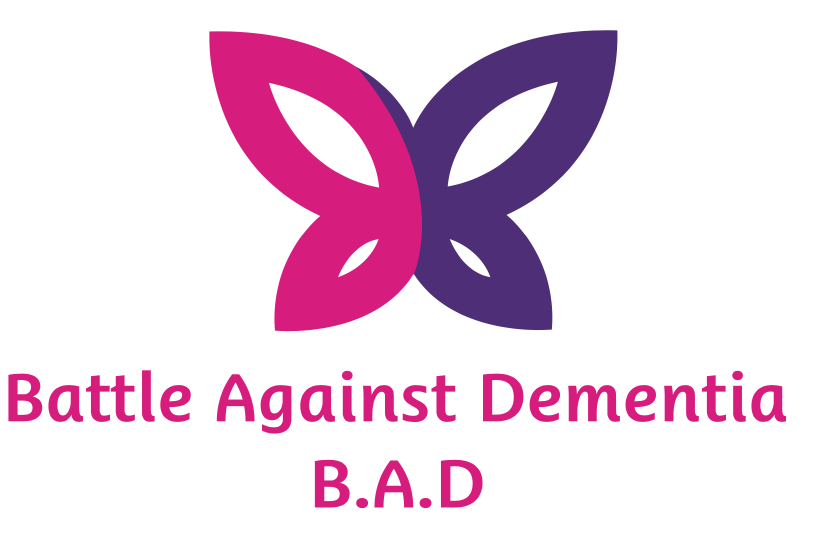Understanding Dementia
Every type of dementia is progressive so the brain will become more damaged over time. How quickly a person will deteriorate will depend on the individual and there are no hard and fast rules or guidelines you can follow.
The progression of this disease will often depend on several factors including the support given, the physical make-up, emotional resilience and the type of dementia. The disease has a series of stages that you can use as a rough guide.
In the early stages, symptoms will be very subtle and those with the disease generally continue with normal life independently. It could be subtle changes such as mood swings, forgetfulness, the inability to find the right words, loss of coordination and perhaps loss of balance. You may also find that someone with dementia starts to retreat and isolate themselves from their peers as they are uncomfortable being around people when they can’t find the right words or remember names, which can be embarrassing. This is where support is needed so that your loved one doesn’t retreat into themselves as it’s important to stay sociable to help keep the brain active and to continue enjoying life. This is one of the aims of our Dementia Hub.
In the later stages of dementia, a person will tend to be frail and experience extreme loss of memory, problems with communication, sometimes a loss of speech, the inability to write, behavioural problems and a reliance on care. Knowing what to expect in the later stages, although difficult to face, can help those supporting someone with dementia and help the person with the disease to make their wishes known before they are unable to do so.
